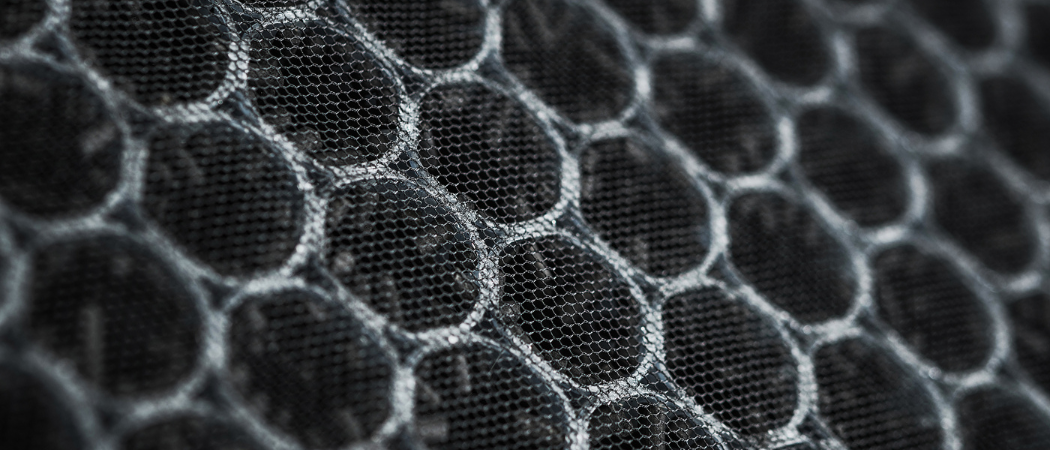The public-private partnership will support research and development of advanced materials, which the Commission says are crucial to the EU’s competitiveness

The European Commission wants to launch a €500 million public-private partnership on advanced materials, as part of plans to boost Europe’s standing in the sector published on Tuesday.
The EU would commit €250 million to the partnership between 2025 and 2027 to attract matching private investment and allow companies to scale and accelerate the deployment of advanced materials.
“The EU’s competitiveness relies on our technological edge and steady supply of advanced materials for our green and digital transitions,” said Margrethe Vestager, executive vice president of the European Commission.
The plans relate to engineered materials with novel properties, such as metallic nanoparticles to enhance energy conversion in solar panels, and sodium-ion batteries which provide more sustainable energy storage.
Advanced materials underpin innovation in clean energy technologies, semiconductors, and pharmaceuticals, and have potential applications in space and defence.
They could also be alternatives to certain critical raw materials, reducing the EU’s dependence on third countries. The Commission is planning to identify research and innovation needs in this area and to publish the first results early next year.
Coordinated approach
The proposal highlights a number of challenges including a fragmented research and innovation ecosystem, a lack of private investment, and long development timelines.
“EU, national and regional priorities on research and innovation for advanced materials must be coordinated in a European approach and private investments substantially increased,” the plan says.
The Commission is proposing to set up a technology council on advanced materials this year, alongside member states and research and industrial stakeholders, which will be responsible for drawing up a common research strategy by the end of this year.
The council would decide upon research priorities alongside countries associated to Horizon Europe, starting with advanced materials in energy, mobility, construction and electronics. It would also discuss international partnerships.
Another focus will be on scaling up innovation and manufacturing capacity.
The Commission plans to develop a ‘materials commons’, a digital infrastructure to help researchers and innovators design, develop and test new advanced materials, supported by AI tools. A European digital infrastructure consortium could be set up to implement the project.
There will also be moves to increase capital investment and access to finance. This encompasses the public-private partnership, Innovative Materials for EU, and additional state aid could be allowed for selected Important Projects of Common European Interest. Other sources of funding including the European Innovation Council and Innovation Fund could also be mobilised.
Another priority is accelerating industrial uptake of advanced materials. The EU has identified public procurement and standardisation as key tools to achieve this. It also wants to launch a call between the different European Institute of Innovation and Technology (EIT) communities to create an Advanced Materials Academy to focus on skills.
Derisking investments
Thomas Garabetian, research and innovation manager at trade association SolarPower Europe, said the initiative responds to many of the challenges the solar industry is facing.
“We see new technologies coming to market and becoming mainstream every two or three years,” he told Science|Business. “If we want competitiveness in the photovoltaic industry, we need to be very good on innovation. And materials are quite important.”
Europe traditionally excels at low technology-readiness-level research on photovoltaics, but is less good at innovation, industrial policy, and derisking investments, which has resulted in a significant dependence on imports from China.
The new initiative is focused on correcting these failings across the various sectors which can benefit from advanced materials. “That's a really welcome approach,” said Garabetian.
In February 2022, industrial stakeholders published the Materials 2030 manifesto, in which they urged the Commission to develop a strategic roadmap for research and innovation in advanced materials.





 A unique international forum for public research organisations and companies to connect their external engagement with strategic interests around their R&D system.
A unique international forum for public research organisations and companies to connect their external engagement with strategic interests around their R&D system.